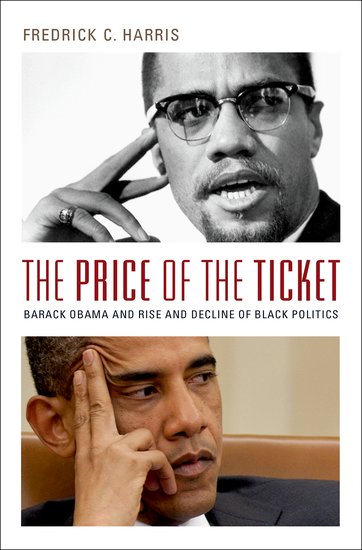African Americans at the Olympic Games
By Robert Repino
Though they were conceived for idealistic reasons and designed to celebrate universal human aspirations, the modern Olympic Games have served as a stage for the world’s political and social struggles. Virtually every political controversy — from wars to ideological conflicts to human rights struggles — have managed to find expression every four years in the athletic events and in the media campaigns that go with them. Perhaps no group has influenced the Games more — both as athletes and as human rights pioneers — than African Americans, whose very participation in the modern games has been one of many tiny steps forward in the progress toward a more just world.




